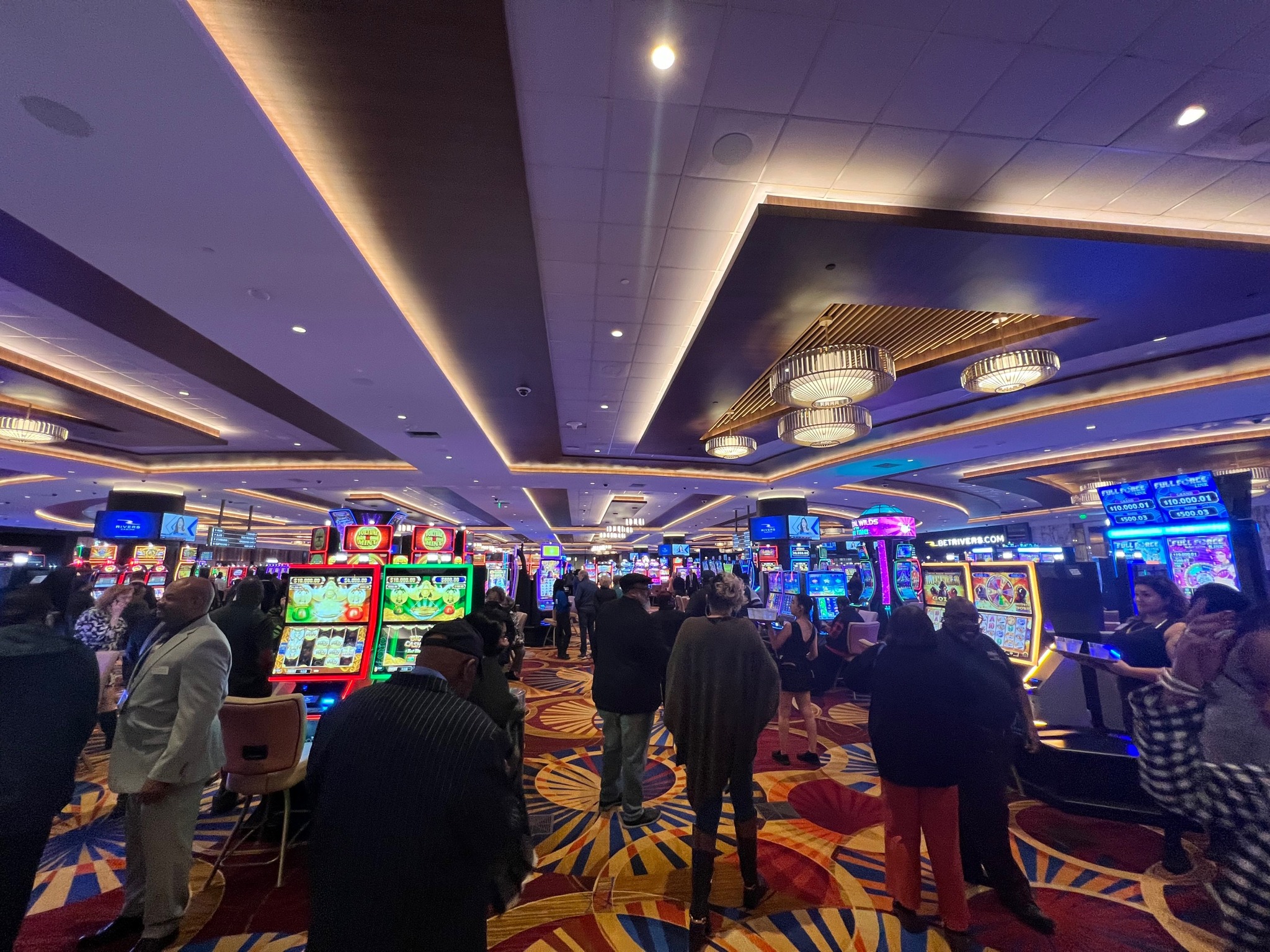Building an Casino Game Empire: Narratives from the Sector

Such attraction of casino games has enchanted millions around the planet for decades. From the spinning wheel of fortune to the noise of mixing playing cards, the rush of luck and expertise blends to create an energetic atmosphere that pulls players in. These games are not just leisure activities; they have evolved into an valuable part of the leisure industry, growing into a universal phenomenon that encompasses opulent resorts, vibrant online platforms, and all that lies in between.
As the need for distinct and engaging experiences continues to expand, the narratives behind the triumph of gaming experiences reveal a intriguing environment. Innovators and designers are always pushing the frontiers of innovative thinking and innovation, leading to the development of new games and engaging tech. Delving into these accounts gives us a glimpse into the requirements to build a gaming empire and the enthusiasm that propels those working behind the curtains.
The Evolution of Casino Games
Gambling games have a robust history that goes back hundreds of years, with their origins frequently intertwined with historic ceremonies and communal events. The initial types of betting can be traced back to long-ago Chinese civilization, where games involving dice were played, and even to the Roman Empire who enjoyed betting on various events. Over time, these rudimentary forms of entertainment evolved into better organized forms, leading to the development of titles including baccarat and roulette in the 17th century. These early gambling games laid the basis for the industry we experience today.
As society evolved, so did the complexity and variety of casino games. The 19th century marked a noteworthy shift with the founding of formal casinos in places like Monte Carlo and Las Vegas. This era saw the emergence of famous games such as poker and blackjack, which enthralled the interests of players around the world. The surge of these games was fueled by advancements in game design and the development of gambling laws that rendered the industry more regulated and attractive to the general populace.
The technological revolution in the final 20th and early 21st centuries changed the landscape of gambling options yet again. The emergence of the internet resulted in online casinos, enabling users to enjoy their favorite games from the convenience of their homes. This transition not only expanded the reach of gambling options but also opened up new formats like live dealer games and mobile gaming apps. Today, the gambling game empire continues to progress, with cutting-edge technologies such as virtual reality and blockchain expected to reshape the coming years of gambling.
Effective Game Development Techniques
The basis of a flourishing casino game empire lies in the development of engaging and innovative games that captivate players. A effective strategy entails comprehensive market research to comprehend up-to-date trends and player preferences. By reviewing user feedback and watching popular titles, developers can identify what connects with players and what features are in demand. Including original themes, multifaceted game mechanics, and aesthetically appealing graphics are vital to excel in a challenging landscape.
Partnership is another key component of successful game development. Assembling talented designers, programmers, and mathematicians ensures that games are both visually captivating but also balanced in terms of gameplay. Encouraging honest communication among team members nurtures creativity and results in cutting-edge concepts. Moreover, engaging with players during the beta testing phase permits developers to gather insightful insights that can enhance gameplay elements before the official launch.
Lastly, efficient marketing strategies cannot be dismissed in establishing a successful casino game empire. Developing a captivating narrative around the game and utilizing social media platforms to create excitement can greatly impact player acquisition. Offering promotions, loyalty rewards, and involving in community events can additionally enhance player retention. Ga179 By blending strong development practices with savvy marketing, game developers can create an engaging experience that keeps players coming back for more.
A Outlook of Casino Gaming
The landscape of gambling gaming is evolving rapidly, driven by developments in technology and shifting player tastes. Online and portable gaming is prepared to dominate the industry as more players seek accessibility and access. Virtual reality and augmented AR are also entering into the gambling experience, providing captivating environments that elevate classic gaming to a new level. As players crave more participatory and entertaining interactions, casinos will need to adapt and evolve to keep their customers captivated.
Additionally, the integration of AI tech and data analytics will play a crucial role in shaping the prospects of casino gaming. Casinos will use information to understand player behavior, customize interactions, and enhance customer service. Customization will become key, as players will want plays that adjust to their preferences and gaming habits. As the gaming industry makes use of these understandings, the creation of novel play formats and elements will likely arise, keeping the casino experience new and stimulating for everyone.
Moreover, the trend towards safe gaming is becoming increasingly significant. As regulators and players focus more on player welfare, casinos will need to implement measures that promote safe play practices. This could include options that allow players to set limits on their expenses and playtime, as well as better resources for those who may be struggling with gaming issues. By prioritizing safe gaming, casinos can establish trust with their clientele and ensure a lasting future in the challenging environment of gambling play.
